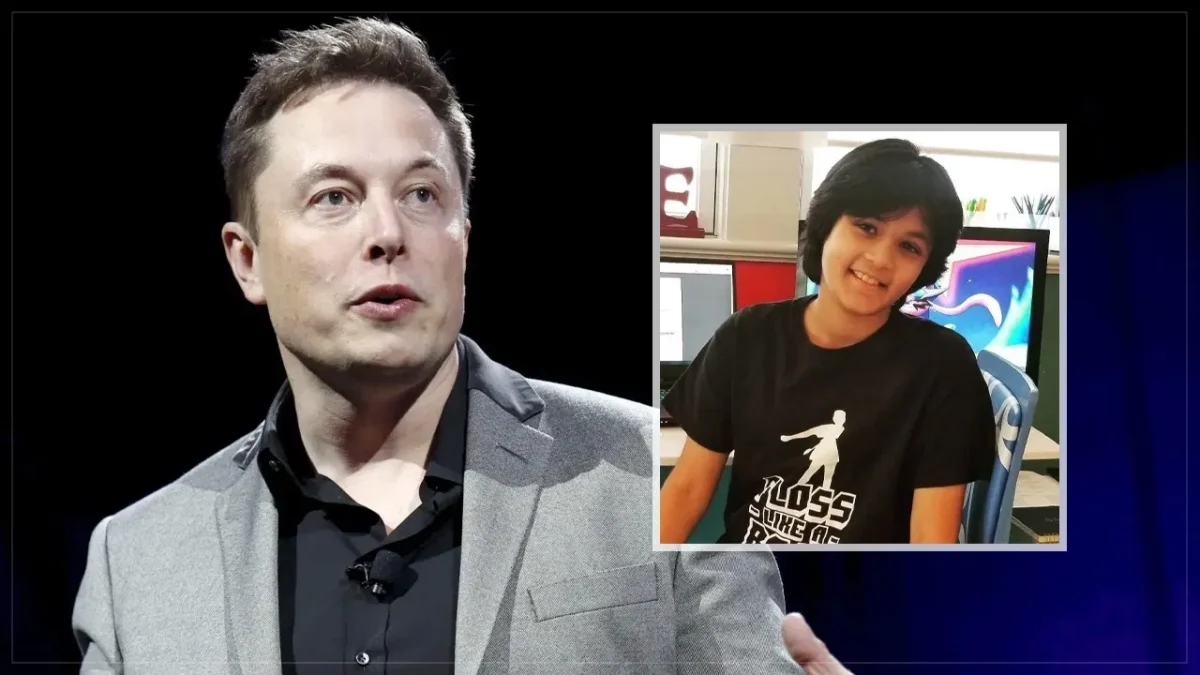At just 16 years old, Kairan Quazi has already lived a career that many would consider extraordinary. Hailed as a prodigy, Quazi joined SpaceX at the astonishing age of 14, becoming one of the youngest people ever to work for Elon Musk’s pioneering space company. This month, however, the young talent announced his departure from the aerospace industry to join Citadel Securities, one of the world’s most influential financial firms. The move marks a striking pivot from rockets and interplanetary ambitions to the high-stakes world of finance, sparking conversations about talent, ambition, and the intersections between technology and economics.
Quazi’s story has captivated observers since the beginning. A child prodigy with an exceptional aptitude for mathematics and programming, he accelerated through academic milestones at a pace far beyond his peers. By his early teens, he was already working on advanced computing projects. When SpaceX hired him, many saw it as a symbol of Elon Musk’s willingness to embrace unconventional talent and prioritize brilliance over age or experience. For two years, Quazi contributed to some of the company’s technical initiatives, gaining firsthand exposure to one of the most ambitious enterprises in human history: building reusable rockets and preparing for the colonization of Mars.

Yet despite the prestige of working at SpaceX, Quazi revealed that he was eager for a new challenge. In interviews, he described his decision as motivated not by dissatisfaction with Musk’s company but by a desire to apply his skills in a different environment. Citadel Securities, led by billionaire investor Ken Griffin, offered him the chance to dive into the world of quantitative finance—an arena where mathematics, data science, and computational power converge to shape global markets. For someone of Quazi’s intellectual curiosity, the move represents not an abandonment of technology but a redirection of it toward the complexities of modern finance.
The shift has drawn mixed reactions. Supporters argue that prodigies like Quazi should be free to explore diverse paths, and that his transition highlights the permeability between industries driven by technology. Critics, however, lament what they see as a loss for SpaceX, where youthful imagination and unconventional problem-solving are invaluable assets. Some also question whether the finance world, with its relentless pace and profit-driven culture, is the best environment for a young innovator who once dreamed of helping humanity reach Mars.
For Musk, the departure is unlikely to slow SpaceX’s momentum, but it underscores a reality he often emphasizes: talent is fluid, and the brightest minds will gravitate toward the arenas where they believe they can make the greatest impact. Musk himself has long straddled multiple industries, from electric cars to space to social media, suggesting that Quazi’s career shift may reflect the same restless drive to explore new frontiers.
In the broader picture, Quazi’s decision symbolizes a generational trend. As technology reshapes every sector of the economy, boundaries between disciplines are becoming increasingly blurred. Today’s engineers can become tomorrow’s financiers, and prodigies like Quazi may find their calling not in a single industry but in moving between them. Whether he ultimately makes his mark on Wall Street or returns to the world of science and technology, his journey is already a testament to the possibilities of youthful ambition.
For now, the story of Kairan Quazi is not just about leaving SpaceX—it is about redefining what it means to be a prodigy in the 21st century.


